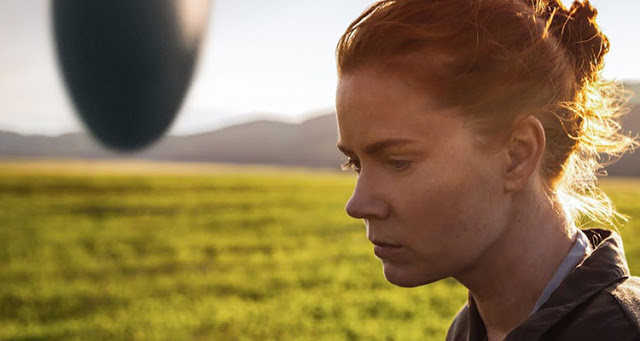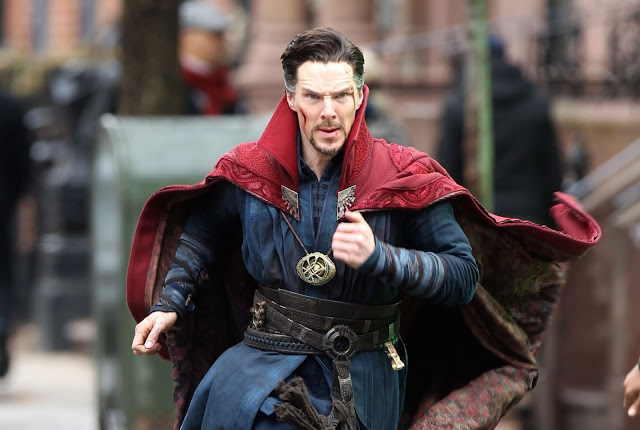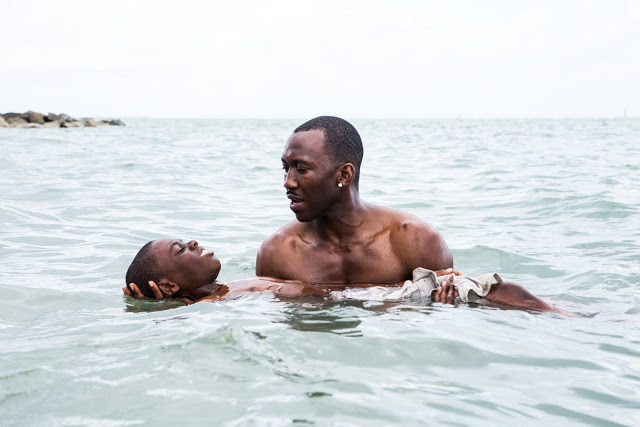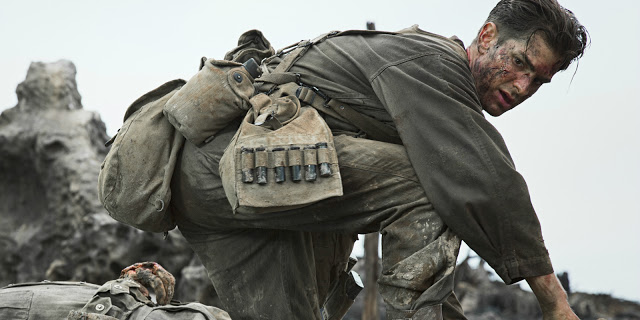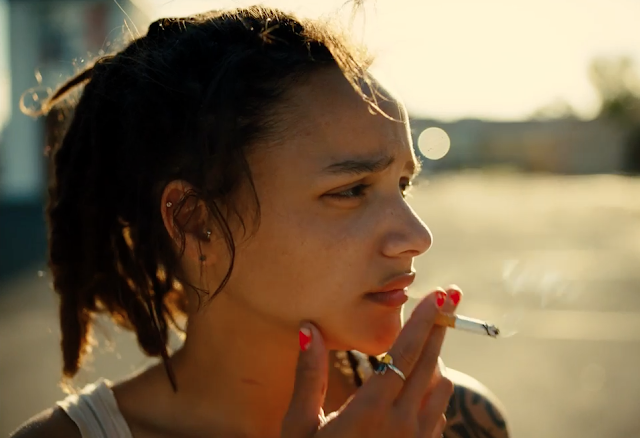Arrival: They Come in Peace, But What About Us?
Arrival is a movie that asks a lot of weighty, philosophical questions—What does it mean to be human? How do our memories inform our sense of self? Are we alone in the universe? Are we alone with one another?—so let’s begin with a question typically asked of movies: What is it about? The answer, naturally, is a matter of perspective. From a literal standpoint, Arrival is an example of “hard” science-fiction, a piece of popular art that contemplates, with scrupulous discipline and serious pragmatism, what might actually happen if aliens suddenly appeared on Earth. That description is accurate, but it both over- and undersells the merits of this complex, thought-provoking film. On a deeper level, Arrival is a meditation on human connection, or lack thereof: the ties that bind us, the prejudices that plague us, our twin capacities for hope and fear. It isn’t about aliens. It’s about people.
That’s a lofty goal, and the challenge for Arrival, which has been directed by Denis Villeneuve from a screenplay by Eric Heisserer (based on a short story by Ted Chiang), is to fully explore its intellectual inquiries while simultaneously supplying frissons of drama and suspense. It’s a delicate balance that the film doesn’t always strike perfectly—it’s a little slow, and the integrity of the storytelling is occasionally compromised by a few one-dimensional minor characters. On the whole, though, Arrival is a consistently fascinating and sporadically transcendent achievement, the rare movie that demands being grappled with and argued about. Read More

